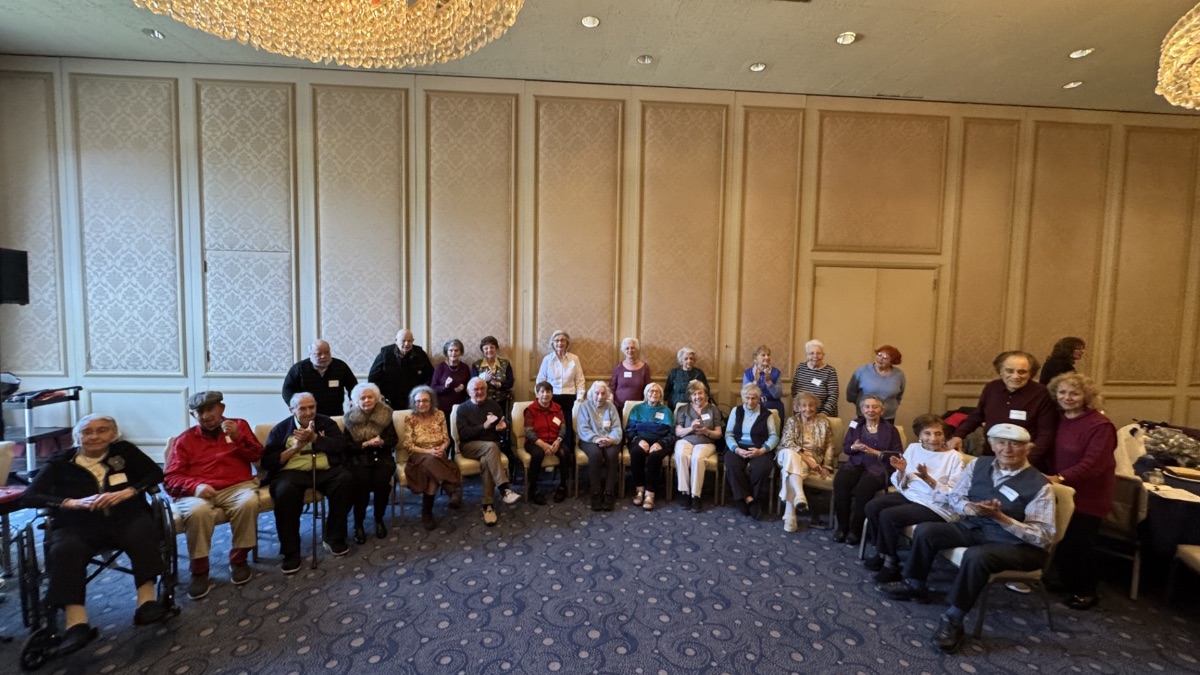New parents often bemoan that their newborns didn’t arrive in this world with a manual. They, rightfully, sense that the early years of a child’s life are an essential foundation for later success—in school, career, and in life.
WJCS has numerous early childhood programs. We are committed to providing parents and young children with the tools they need to develop a healthy bond, early literacy and language skills, and social-emotional capabilities, including empathy, problem-solving, persistence, collaboration, confidence, communication, curiosity, creativity, cooperation, and self-control.
Cultivating a child’s social and emotional skills takes thoughtfulness and patience on the part of parents. Here are some important skills for parents to foster, including a useful strategy and example how to use that strategy.
Skill: Communication
Strategy: Let your child know about a transition shortly before it happens.
Example: “We have 5 more minutes left to play, then we’ll put the toys away.”
Skill: Empathy
Strategy: Describe the action or expression and label the emotion.
Example: “Your arms are crossed, you seem angry that your friend grabbed the toy from you.”
Skill: Cooperation
Strategy: Explain the reason for the request.
Example: “We are putting on your smock so your shirt stays clean while you paint.”
Skill: Persistence
Strategy: Talk about a child’s effort and progress.
Example: “You are really concentrating on balancing those blocks on your structure.” (As opposed to “You are a good builder.”)
Skill: Cooperation
Strategy: Reframe a “No” as a “Yes”
Example: “We can use Play-Doh after lunch.” (As opposed to “No we can’t use play-doh during lunchtime!”
Skill: Collaboration
Strategy: Encourage the parent and child to work together during play.
Example: “How about we work together to catch the fish? I wonder how you and mommy can keep that net wide open while tossing in the fish… What do you think? …You worked it out together!”
Skill: Problem-solving
Strategy: Label the problem and explore possible solutions.
Example: “Your hands got mud on them. Hmm…what do you want to do about it?… Look for a wipe? Go to the bathroom to wash them?”
Skill: Self-Control
Strategy: Model a self-regulating technique.
Example: “Let’s breathe together. Smell the flowers, blow out the candles.”




